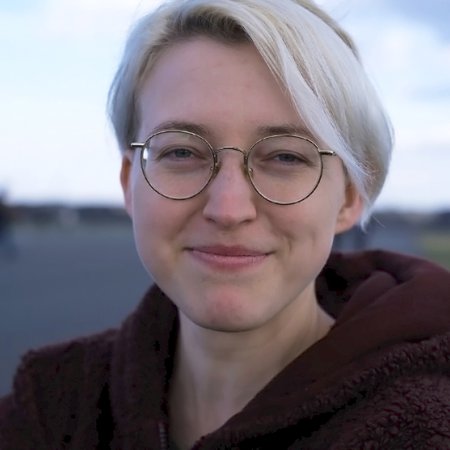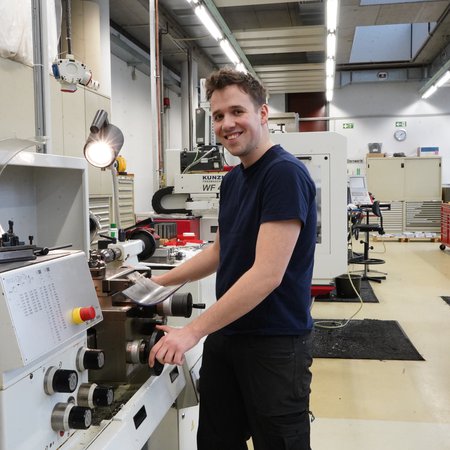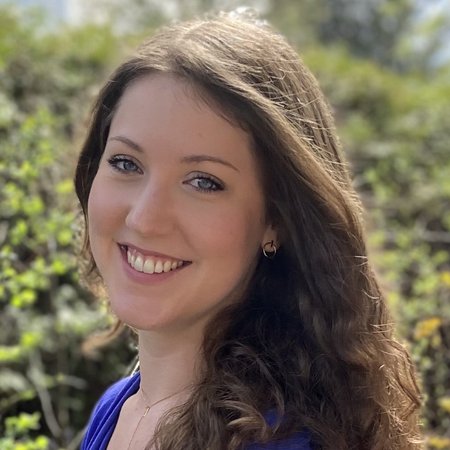New research group to simulate the gas in and around galaxies
Dr Rainer Weinberger will join the Leibniz Institute for Astrophysics Potsdam (AIP) in 2023 as a Leibniz junior group leader with a project focused on sophisticated cosmological simulations. The research group is funded with 1 million euros over five years.
Galaxies are the large-scale building-blocks of the universe. Their formation and evolution depend critically on internal, small-scale feedback: energetic processes in massive stars and active galactic nuclei drive a cycling of gas, both spatially and in its state, thereby affecting the overall evolution of the host galaxy. Making use of novel computational techniques, the Leibniz Junior Research Group will study this gas cycling in global models of galaxy formation in the now funded project called “Modeling multiphase media in and around galaxies in a cosmological context”. “Using large-scale computer simulations, the group will connect the complex physics of galactic gas with observational results, revealing how the universe evolved into the state we can observe today,” says Rainer Weinberger.

Dr Rainer Weinberger
Credit: FOTO BorchardRainer Weinberger did his PhD with Volker Springel at the Heidelberg Institute for Theoretical Studies and graduated in 2018 at Heidelberg University. For the following three years, he joined the Institute for Theory and Computation at Harvard University, USA, as an ITC fellow and is currently a postdoctoral fellow at the Canadian Institute for Theoretical Astrophysics in Toronto. Rainer Weinberger is also a member of the IllustrisTNG project on large, cosmological magnetohydrodynamical simulations of galaxy formation and an expert on simulating feedback of active galactic nuclei.
The programme “Leibniz Junior Research Groups” is one of four funding programmes of the Leibniz Competition and is aimed at postdocs with an excellent scientific career. As leaders of junior research groups, they are given the opportunity to realize their own research projects and further establish themselves in their respective research field. With this funding format, the Leibniz Association offers them attractive research conditions and networking opportunities. The AIP hosts one other such group, which is led by Dr. Marcel Pawlowski, a Schwarzschild Fellow at the institute since 2018.
Images
Gas of a simulated interacting galaxy pair
Big screen size [1000 x 1032, 350 KB]
Original size [1453 x 1500, 430 KB]
Dr Rainer Weinberger
Hot and cold gas phases of a simulated interacting galaxy pair.
Big screen size [1000 x 500, 190 KB]
Original size [3000 x 1500, 900 KB]






